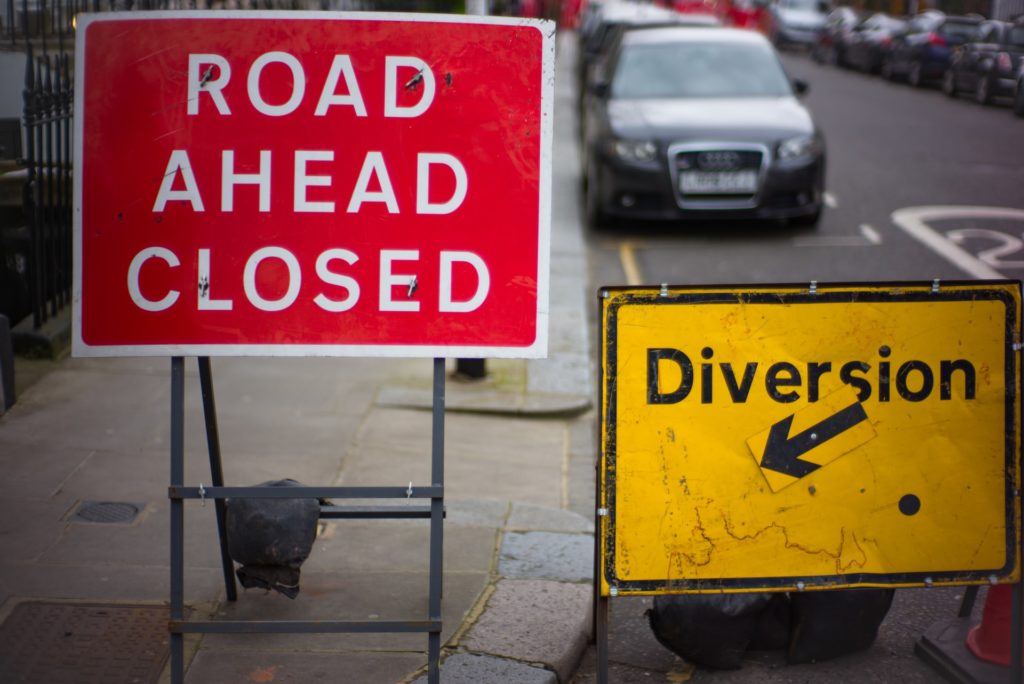
We’ve seen in recent months a Government drive to help those aged 50 and over to re-join the jobs market. However, older workers can face a number of challenges when job hunting. From age discrimination, to being told they’re over-qualified and have too much experience. Or, on the contrary, of having too little experience if they’re looking to change career. Against this background, here are some job hunting tips for over-50s to make that search more successful.
Choose the right job

Over the last couple of years many people have either chosen, or been forced, to reconsider their careers and what they want for the future. For some, they’ll have decided on a complete change of career, which may involve retraining or gaining new qualifications. For others, it might be to find a less demanding role that’ll take them through to retirement. Whatever route is taken, it’s important to consider a number of questions in order to choose the right job.
- How long would it take to become fully qualified if needed?
- What are the financial implications? Is it financially viable to work in a lower paid job?
- If you’ve previously been working in the private sector, would you consider working in the public sector, and vice versa?
- Is taking a temporary job or fixed term contract, rather than a permanent job, an option?
- Would flexible working be possible if you have caring responsibilities?
Identify skills gaps

- Once you’re clear about the direction you want to take for your next job, this will help you to identify any skills gaps. Remember that you have transferable skills, not only from previous jobs, but from non-work activities, such as hobbies or voluntary work. Make sure you take these into account.
- You may need to take training courses or gain new qualifications to fill these gaps, or because they’re an essential requirement for particular roles.
- Think about how long it could take to retrain and the financial implications. Be realistic about whether you can bridge the skills gap between where you are now, and where you’d like to be with your career. How much time, effort and money are you prepared to invest?
Gain practical experience
- In a highly competitive market place, having a qualification might not be enough for an employer. They’ll want to know that you can apply any academic learning into their business or organisation.
- If you’re planning to change career, consider whether there are other steps, apart from a qualification, you’ll need to take to achieve your goal. For example, will you need to take an entry level role to gain some practical experience?
- Consider doing unpaid or voluntary work relevant to your new career to show that you have some practical experience.
- If you have a plan of what you need to do, and when, you’re more likely to be successful.
Marketing yourself

- Older workers generally have the advantage of having more work experience than other groups, in addition to a wealth of life experience. Use this as a starting point in thinking about how to market yourself to a potential employer.
- Your CV is your key tool to demonstrate your skills, experience and achievements. It’s therefore important to make sure that it’s well written and concise. It should ideally be no more than 2 pages long. It only needs to cover the last 10 – 12 years of your career. If you’re changing career, make sure that you highlight transferable skills that show you’re a good fit for the role you’re applying for. Include relevant non-work activities such as volunteering or hobbies, as well.
- Using social media and networking are excellent ways to find work. A lot of jobs aren’t advertised, and getting a recommendation from someone who knows you will always be to your advantage. Make sure that you have an up to date LinkedIn profile. Not only is this a good way to build your contacts, but recruitment agencies also use this site to search for candidates.
- Once you have a strong CV you can use this as the basis to complete job applications. Avoid copying and pasting. Make sure that you tailor the information to demonstrate that you can meet the specific requirements of each role.
Be proactive in addressing concerns

- One of the key job hunting tips for over-50s is to address concerns in a positive way ‘up front’. Answer the questions before they’re asked, so potential employers can see that you’re aware they might have concerns. For example, if you’re applying for an entry level job to gain experience for your new career, make this clear in your CV, cover letter or application form. Acknowledge that you might be considered as being over qualified for the job, but explain the reason why you’re applying for it.
- Check your social media presence to make sure you’re conveying the right message. You want to highlight that you can be flexible and are happy to embrace change.
- Make sure you go into your job search with the right mental attitude. Ways of working have changed massively and are unlikely to return to pre-Covid practices. You might think that the way you’ve done things in the past is the best way, but most employers won’t want to be told that. Show that you’re open minded and ready to take on new ways of thinking and working.
If you’ve found these job hunting tips for over-50s useful and would like support with CV writing, cover letters, LinkedIn profile, job applications or interview techniques, please get in touch. We’d be very happy to talk to you about the services we have to offer.

Leave a Reply